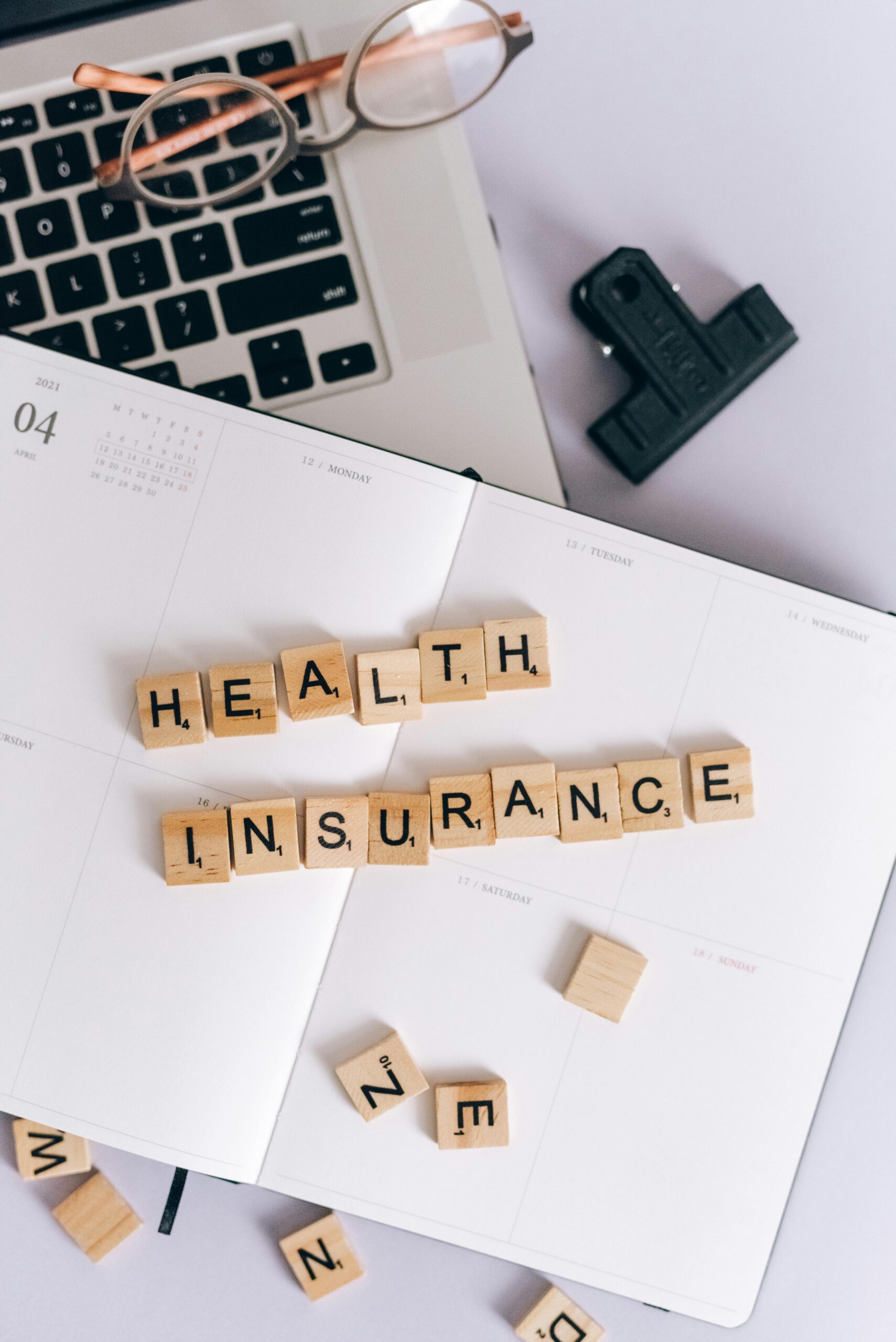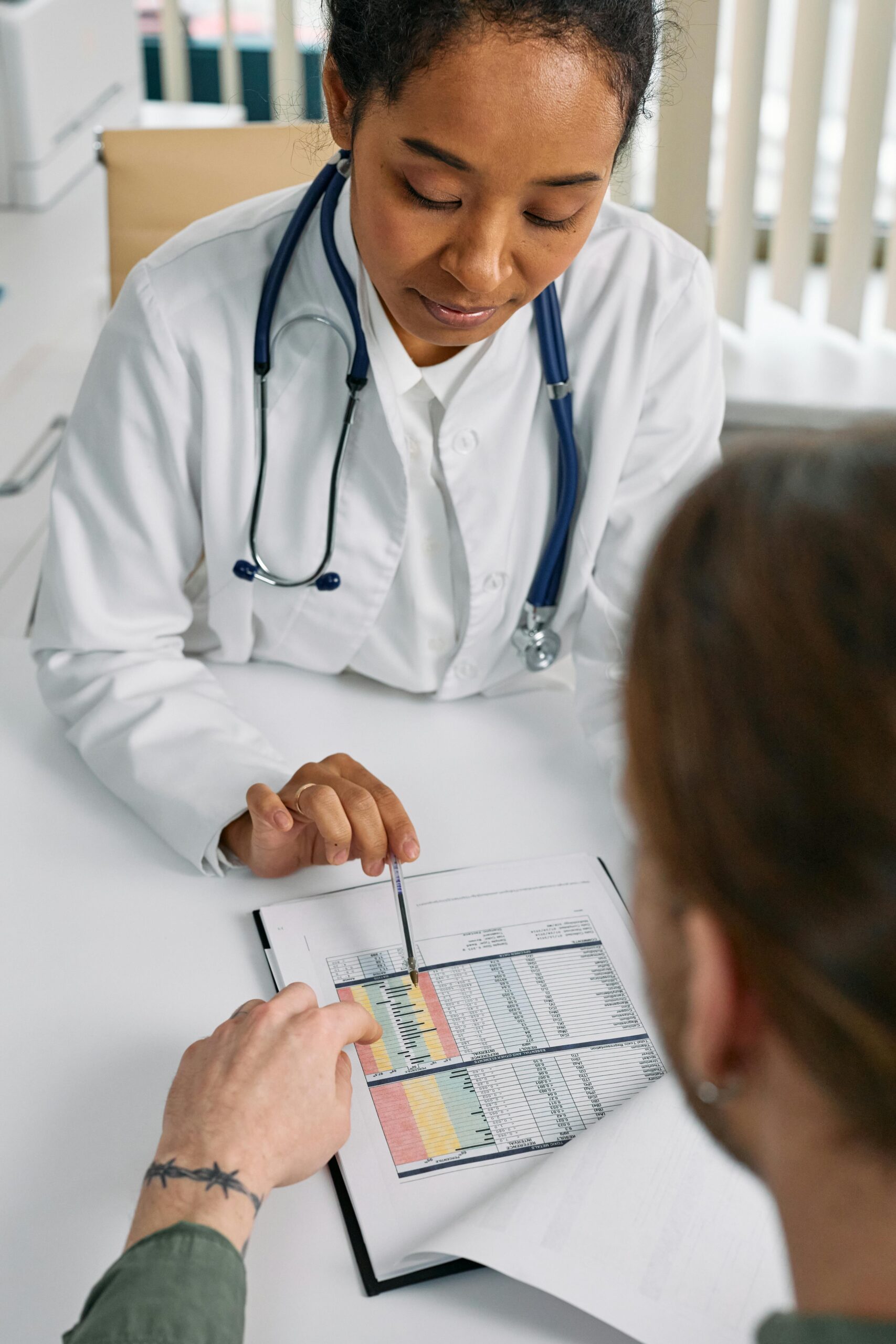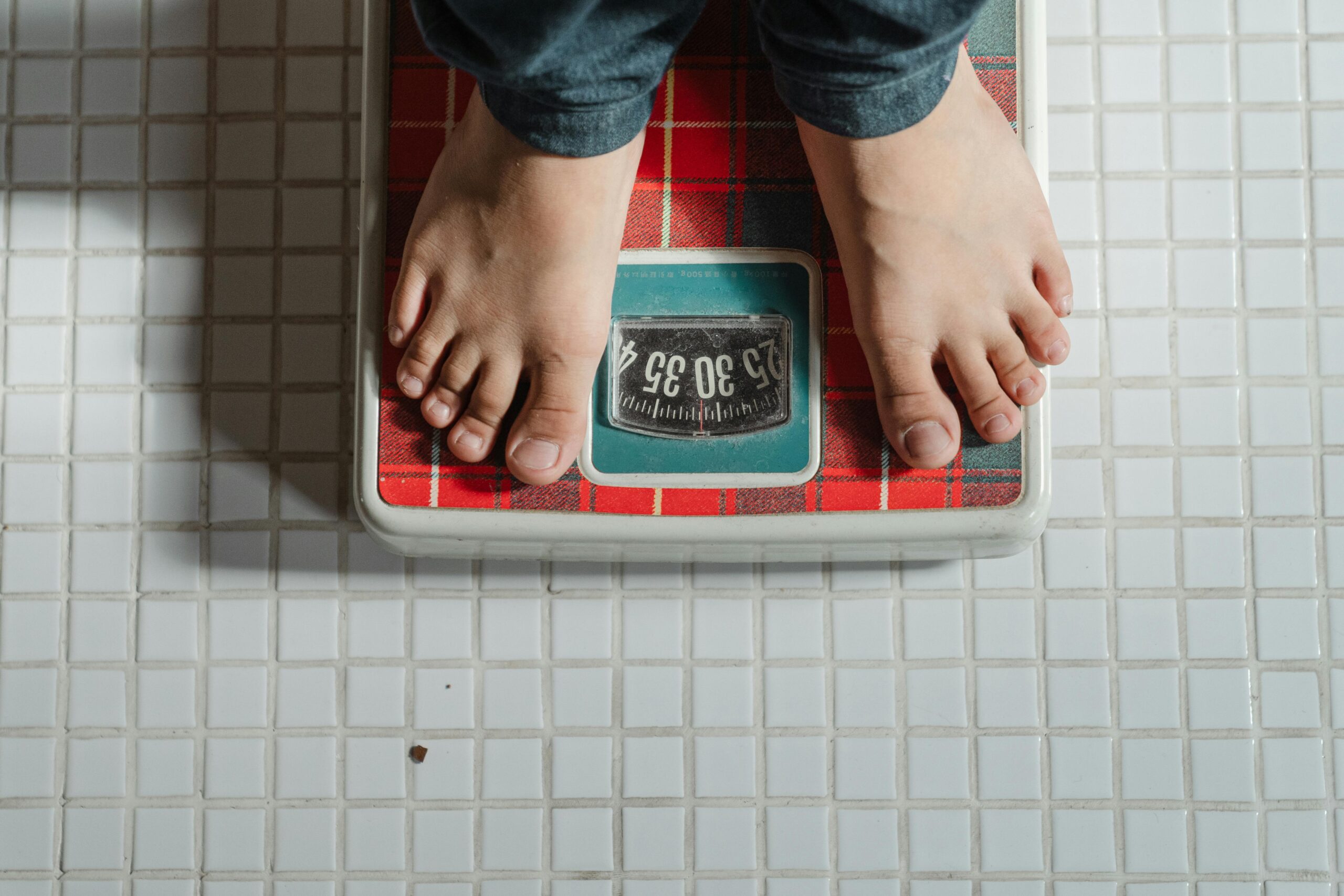What preventive measures should I take
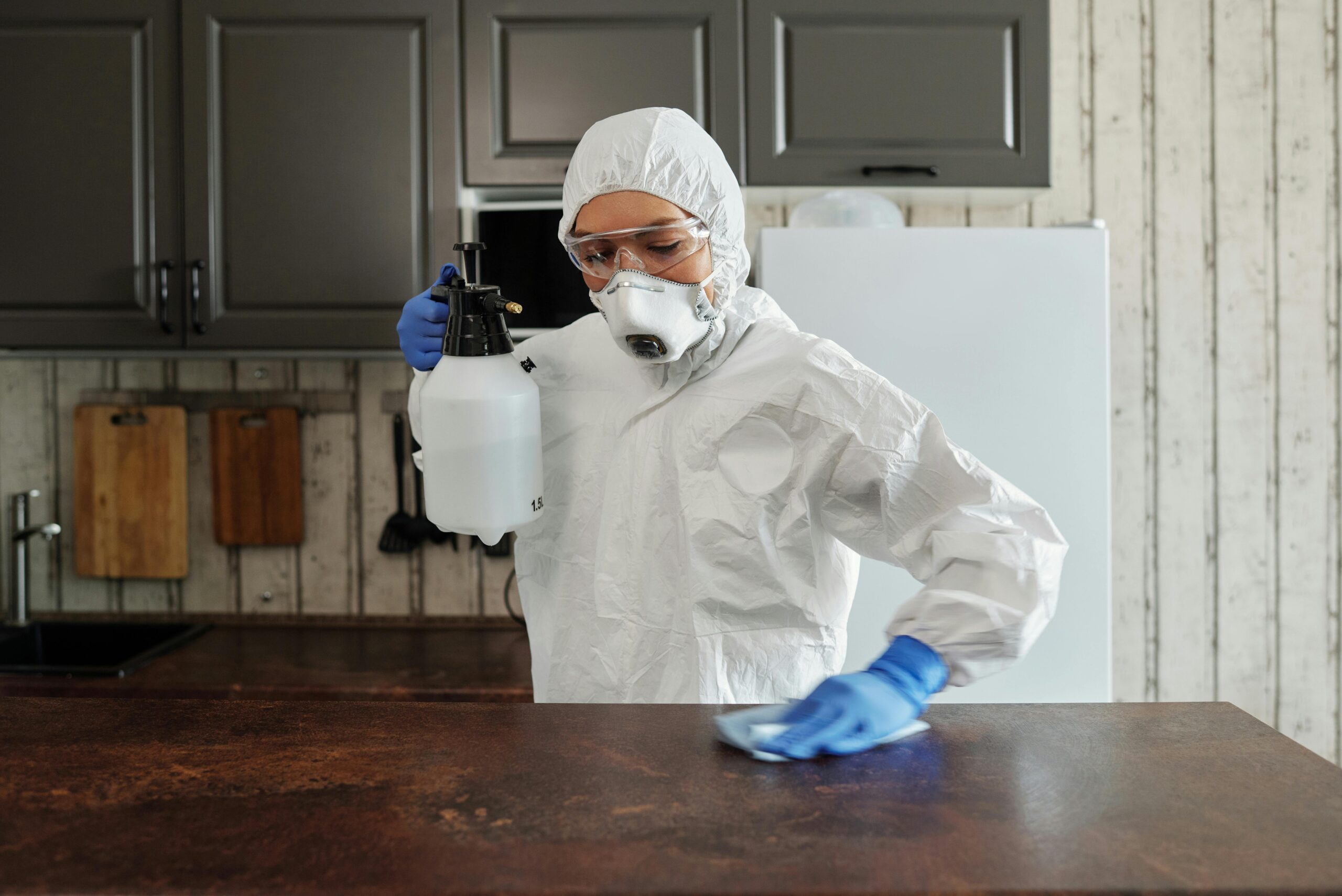
| # What Preventive Measures Should I Take? |
| ## Understanding Preventive Healthcare |
| ### The Importance of Preventive Measures |
| ### Categories of Preventive Measures |
| #### Primary Prevention |
| #### Secondary Prevention |
| #### Tertiary Prevention |
| ## Primary Prevention Strategies |
| ### Vaccinations and Immunizations |
| ### Healthy Lifestyle Choices |
| #### Balanced Diet |
| #### Regular Exercise |
| #### Avoiding Harmful Behaviors |
| ### Regular Health Screenings |
| #### Blood Pressure Checks |
| #### Cholesterol Tests |
| #### Cancer Screenings |
| #### Diabetes Screening |
| ## Secondary Prevention Strategies |
| ### Early Detection of Diseases |
| ### Managing Chronic Conditions |
| #### Medication Adherence |
| #### Regular Monitoring and Check-ups |
| ## Tertiary Prevention Strategies |
| ### Rehabilitation Programs |
| ### Ongoing Treatment Plans |
| ### Supportive Care and Counseling |
| ## Tools and Resources for Preventive Health |
| ### Health Apps and Technology |
| ### Community Health Programs |
| ## Conclusion |
| ## FAQs |
Article
# What Preventive Measures Should I Take?
Taking charge of your health means being proactive rather than reactive. So, what preventive measures should you take? Let’s explore the essential steps to keep you in the best shape possible.
## Understanding Preventive Healthcare
Preventive healthcare is all about taking steps to prevent diseases before they happen. It’s like maintaining your car regularly to avoid breakdowns rather than waiting for it to fail.
### The Importance of Preventive Measures
Preventive measures are crucial because they help you detect health issues early when they’re easier to treat, reduce healthcare costs, and improve the quality of life. In essence, they are your health’s first line of defense.
### Categories of Preventive Measures
Preventive measures can be broken down into three main categories:
#### Primary Prevention
This includes measures to prevent the onset of illness before it occurs, such as vaccinations and adopting a healthy lifestyle.
#### Secondary Prevention
These are steps taken to detect and treat disease early, such as regular screenings and check-ups.
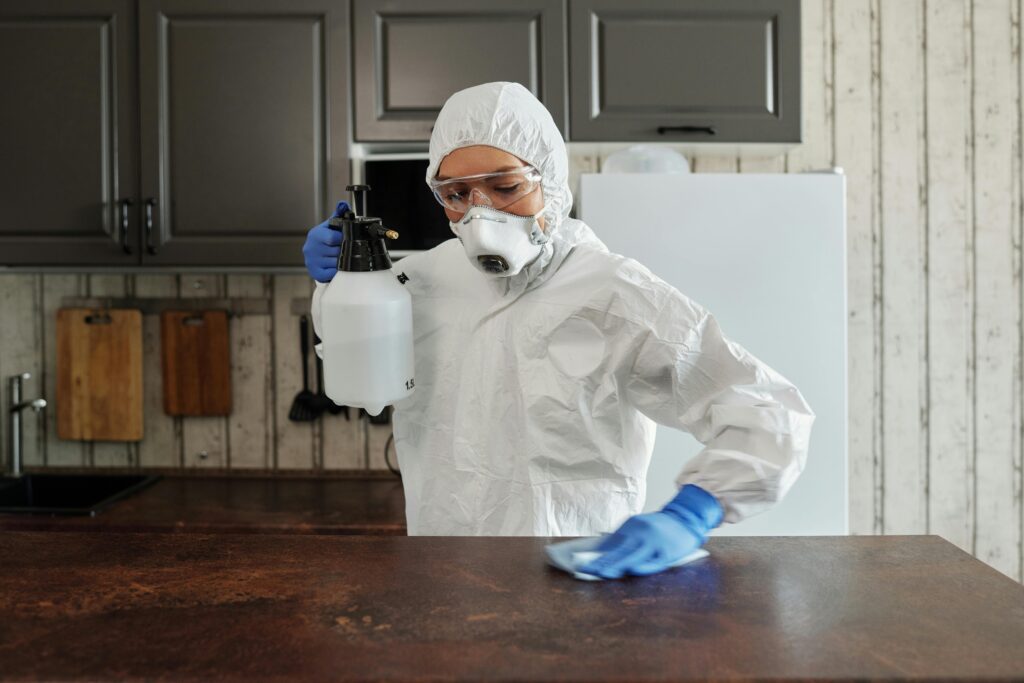
#### Tertiary Prevention
This involves managing existing diseases to slow their progression and prevent complications, like rehabilitation for stroke patients.
## Primary Prevention Strategies
Primary prevention is your shield against illness. Here’s what you can do:
### Vaccinations and Immunizations
Vaccines are one of the most effective ways to prevent serious diseases. Ensure you and your family are up-to-date with immunizations like the flu shot, measles, mumps, and rubella (MMR), and COVID-19 vaccines.
### Healthy Lifestyle Choices
Adopting healthy habits can significantly reduce your risk of many diseases.
#### Balanced Diet
Eating a diet rich in fruits, vegetables, whole grains, and lean proteins fuels your body and keeps it functioning optimally. Think of food as medicine – what you eat directly impacts your health.
#### Regular Exercise
Physical activity is a cornerstone of health. Aim for at least 150 minutes of moderate aerobic activity or 75 minutes of vigorous activity each week. Exercise helps maintain a healthy weight, reduces the risk of chronic diseases, and boosts your mood.
#### Avoiding Harmful Behaviors
Avoiding smoking, excessive alcohol consumption, and drug use can prevent numerous health problems. These habits are like potholes on the road to good health – best avoided altogether.
### Regular Health Screenings
Health screenings can catch problems early when they’re most treatable.
#### Blood Pressure Checks
High blood pressure is a silent killer. Regular checks can help you keep it under control and avoid complications like heart disease and stroke.
#### Cholesterol Tests
High cholesterol can lead to heart disease. Regular testing helps you monitor and manage your levels through diet, exercise, or medication.
#### Cancer Screenings
Screenings like mammograms, colonoscopies, and Pap smears can detect cancers early. Early detection is key to successful treatment.
#### Diabetes Screening
Diabetes can be managed effectively if caught early. Regular blood glucose tests are essential, especially if you have risk factors like obesity or a family history of diabetes.
## Secondary Prevention Strategies
Secondary prevention aims to catch and treat illnesses early.
### Early Detection of Diseases
Regular check-ups and screenings are vital. They’re like a safety net, catching health issues before they become serious problems.
### Managing Chronic Conditions
If you have a chronic condition, managing it effectively is crucial.
#### Medication Adherence
Taking medications as prescribed is essential. It’s like following a recipe – if you skip ingredients, the result won’t be what you hoped for.
#### Regular Monitoring and Check-ups
Keeping up with regular check-ups and monitoring your condition helps you stay on top of your health. It’s like keeping a close eye on your garden to ensure it thrives.
## Tertiary Prevention Strategies
Tertiary prevention focuses on managing long-term health issues.
### Rehabilitation Programs
Rehabilitation can help restore function and improve quality of life after serious health events like strokes or heart attacks. It’s like physical therapy for your overall well-being.
### Ongoing Treatment Plans
Chronic diseases often require ongoing treatment plans to manage symptoms and improve life quality. It’s a long-term commitment to staying as healthy as possible.
### Supportive Care and Counseling
Supportive care and counseling can help manage the emotional and psychological impacts of chronic illnesses. They’re like having a coach who helps you navigate the challenges of your health journey.
## Tools and Resources for Preventive Health
Using the right tools and resources can make preventive health easier and more effective.
### Health Apps and Technology
There are numerous apps and wearable devices that can help you monitor your health metrics, remind you of medications, and encourage healthy habits. They’re like having a personal health assistant right on your wrist.
### Community Health Programs
Engaging in community health programs can provide support, education, and resources. They’re like a health support group that offers collective wisdom and encouragement.
## Conclusion
Preventive measures are your best defense against illness and disease. By adopting a proactive approach through vaccinations, healthy lifestyle choices, regular screenings, and managing chronic conditions, you can significantly enhance your quality of life. Utilizing modern tools and community resources further supports your preventive efforts. Remember, taking small steps today can lead to a healthier, brighter tomorrow.
## FAQs
1. How often should I get vaccinated?
- It depends on the vaccine. Some, like the flu shot, are annual, while others, like the tetanus booster, are needed every 10 years. Your healthcare provider can give you a schedule tailored to your needs.
2. What’s the most important preventive measure?
- It’s hard to single out one, but a combination of regular exercise, a balanced diet, and routine health screenings can have a significant impact on your overall health.
3. How do I know which health screenings I need?
- This can vary based on your age, gender, family history, and risk factors. Your healthcare provider can help you determine which screenings are appropriate for you.
4. Can lifestyle changes really prevent diseases?
- Absolutely! Many diseases, such as heart disease, diabetes, and certain cancers, can be prevented or managed more effectively with healthy lifestyle choices.
5. How can I stay motivated to maintain preventive measures?
- Set realistic goals, track your progress, and find a support system. Celebrate small victories along the way and remind yourself of the long-term benefits of staying healthy.

